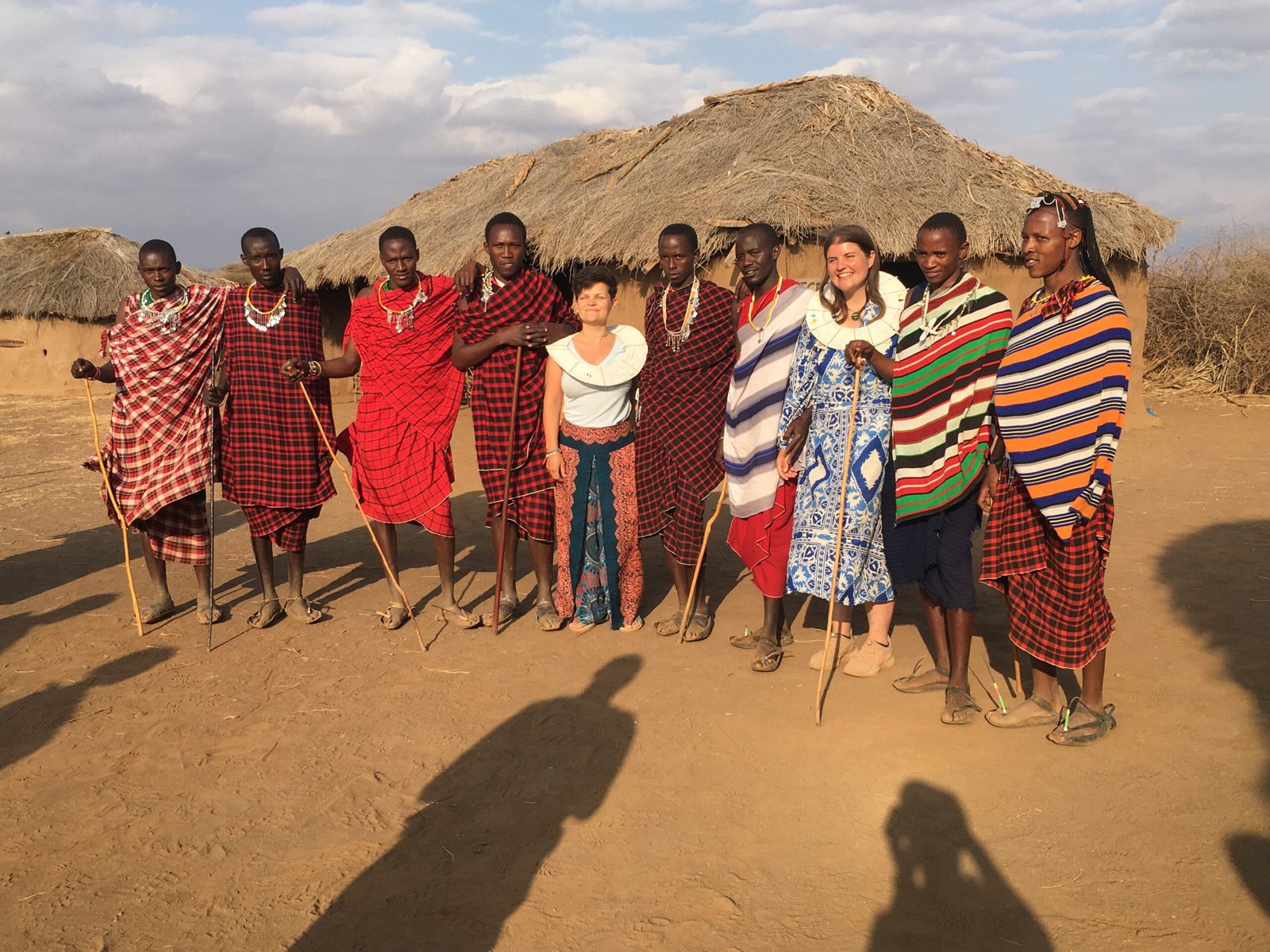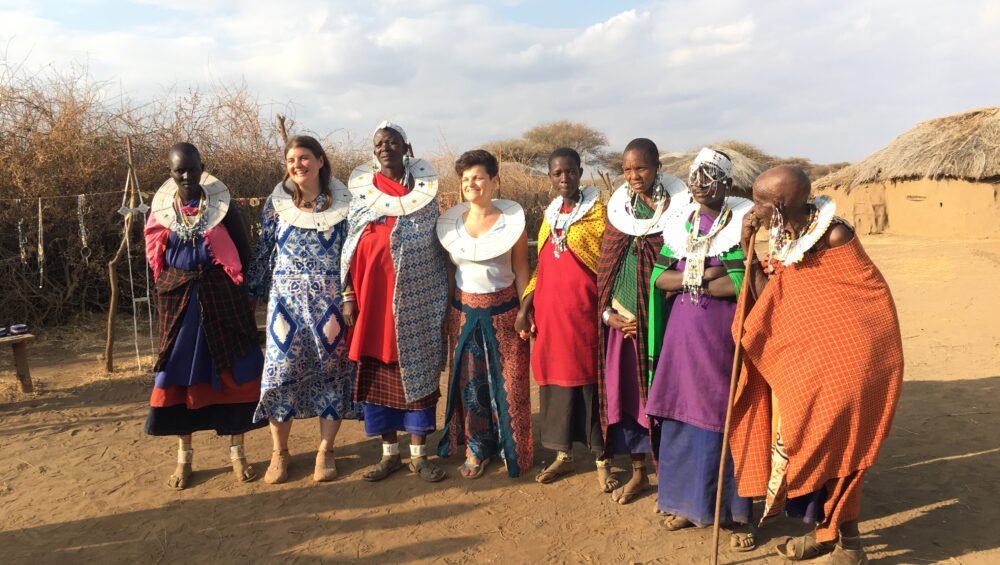The rights of the Maasai people in Ngorongoro, a region steeped in history, culture, and natural beauty, are a deeply urgent issue that must be addressed with respect, justice, and immediate action. The Maasai, a pastoralist community, have lived in the Ngorongoro Highlands for centuries. They are not merely inhabitants of this stunning landscape; they are the custodians of its ecological balance, guardians of its wildlife, and stewards of its ancient cultural heritage.

The Ngorongoro Conservation Area (NCA), a UNESCO World Heritage Site, is one of the most biodiverse places on Earth, home to the world-famous Ngorongoro Crater and a rich variety of species, including the iconic “Big Five.” The Maasai have coexisted with this extraordinary biodiversity for generations, developing sustainable practices that maintain the delicate balance of nature. Their traditional land-use system has allowed for the harmonious coexistence of people, livestock, and wildlife. This system relies on rotational grazing, the preservation of sacred areas, and a profound respect for the environment.
However, despite their deep-rooted connection to the land, the Maasai of Ngorongoro area are increasingly being marginalized, disenfranchised, and forcibly removed from the land they have inhabited for centuries.The Tanzanian government, in conjunction with conservation organizations, has imposed policies that threaten the Maasai’s way of life. These policies, often justified in the name of conservation, have resulted in the displacement of Maasai families, the restriction of their access to grazing land, and the disruption of their pastoralist practices which are infact the reason ngorongoro is famous today!!!
The Maasai face growing pressures to relinquish their ancestral rights to the land. In recent years, there have been moves to evict Maasai families from the Ngorongoro Conservation Area, claiming that they threaten the area’s ecological integrity. Yet, the Maasai have been the very ones who have preserved that integrity, working as protectors of the land for generations. They are not the destroyers of the environment; they are its caretakers. The idea that their pastoral lifestyle is incompatible with conservation is a harmful myth, a narrative that ignores the centuries-old traditions of sustainable land management that the Maasai have perfected.
The Maasai are also being denied their basic human rights: their right to live on the land their ancestors have inhabited for centuries, their right to practice their culture freely, and their right to participate in decision-making processes that affect their lives. These actions raise important questions about justice, sovereignty, and the value of indigenous knowledge in modern conservation practices. How can true conservation be achieved without the inclusion and partnership of the very people who have lived in harmony with the land for generations?
The Maasai community in Ngorongoro conservation area deserves the right to determine their own future, to safeguard their culture, and to continue their traditional livelihoods. The international community must stand in solidarity with them. The fight for Maasai rights in Ngorongoro is not just a fight for one community—it is a fight for the recognition of indigenous sovereignty, for the dignity of indigenous peoples, and for the future of conservation that truly integrates both human and environmental well-being.

To deny the Maasai their rights is just like to betray the fundamental principles of justice and human rights. The Maasai are not the problem; they are the solution. Their voice must be heard, their rights must be upheld, and their role as guardians of Ngorongoro must be recognized and respected. This is not only an issue of equity but of ecological survival, for the preservation of the Ngorongoro region—and the world—is inextricably linked to the rights and well-being of the Maasai. We call for a mutual understanding about this matter

